Washington Watch Articles From 2024

I’m Skeptical About the Israel/Lebanon Peace Deal
This past week, Israeli, Lebanese, and US leaders were busy patting themselves on the back announcing the completion of an Israeli/Lebanese ceasefire agreement.

Biden’s Legacy: Complicity in Israel’s Gaza War
History will not be kind to the presidency of Joseph Biden when it evaluates his administration’s handling of Israel’s genocidal war on Gaza. At best, his response will be judged weak and feckless. At worst, he will be seen as enabling of or even complicitous in the crimes committed.
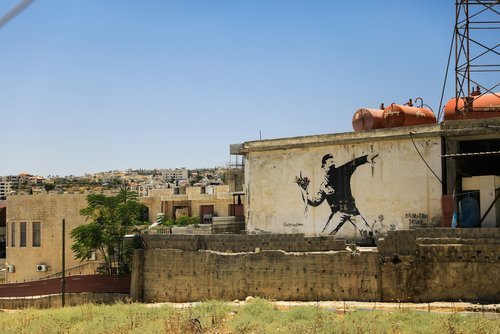
The Gaza War Won’t End by Imposing a “Solution” on Palestinians
One century ago, when Western European powers were planning to carve up the Arab East, the US attempted to convince them to take a different path.
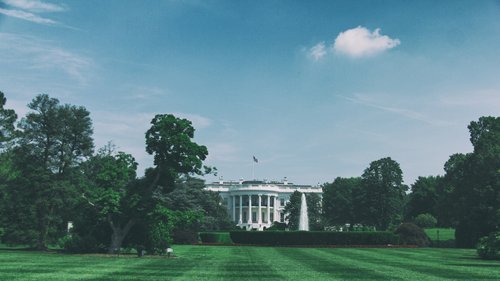
Will US Middle East Policy Change?
The Middle East conflict and this year’s US presidential election are impacting one another in important ways.
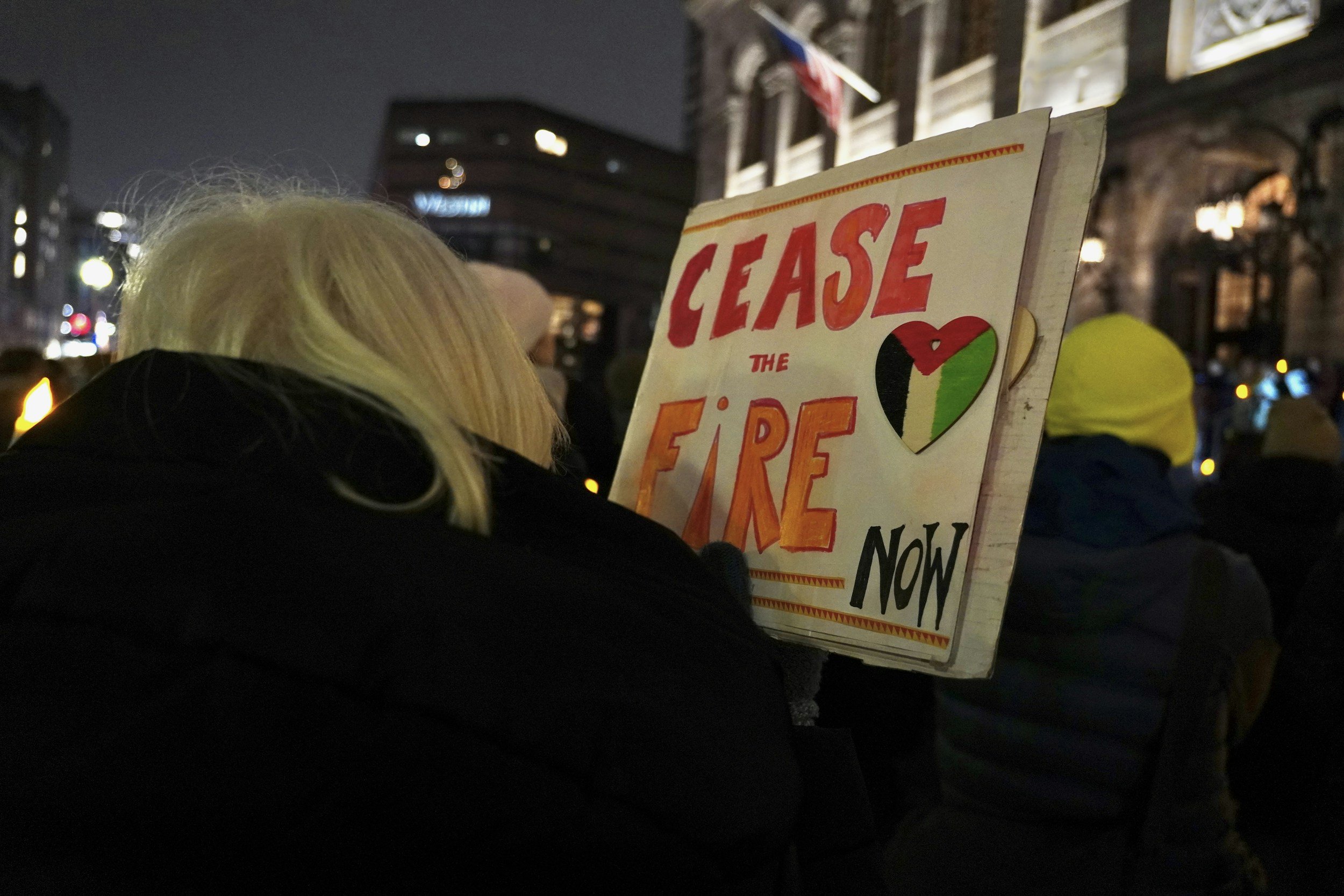
Harris Can Contribute to Israeli-Palestinian Peace and Grow Her Lead
If Kamala Harris, the Democratic nominee for US president, were to take a decisive stance demanding that Israel agree to an immediate ceasefire and unimpeded aid to Palestinians, she would expand her vote lead over her Republican opponent, Donald Trump.
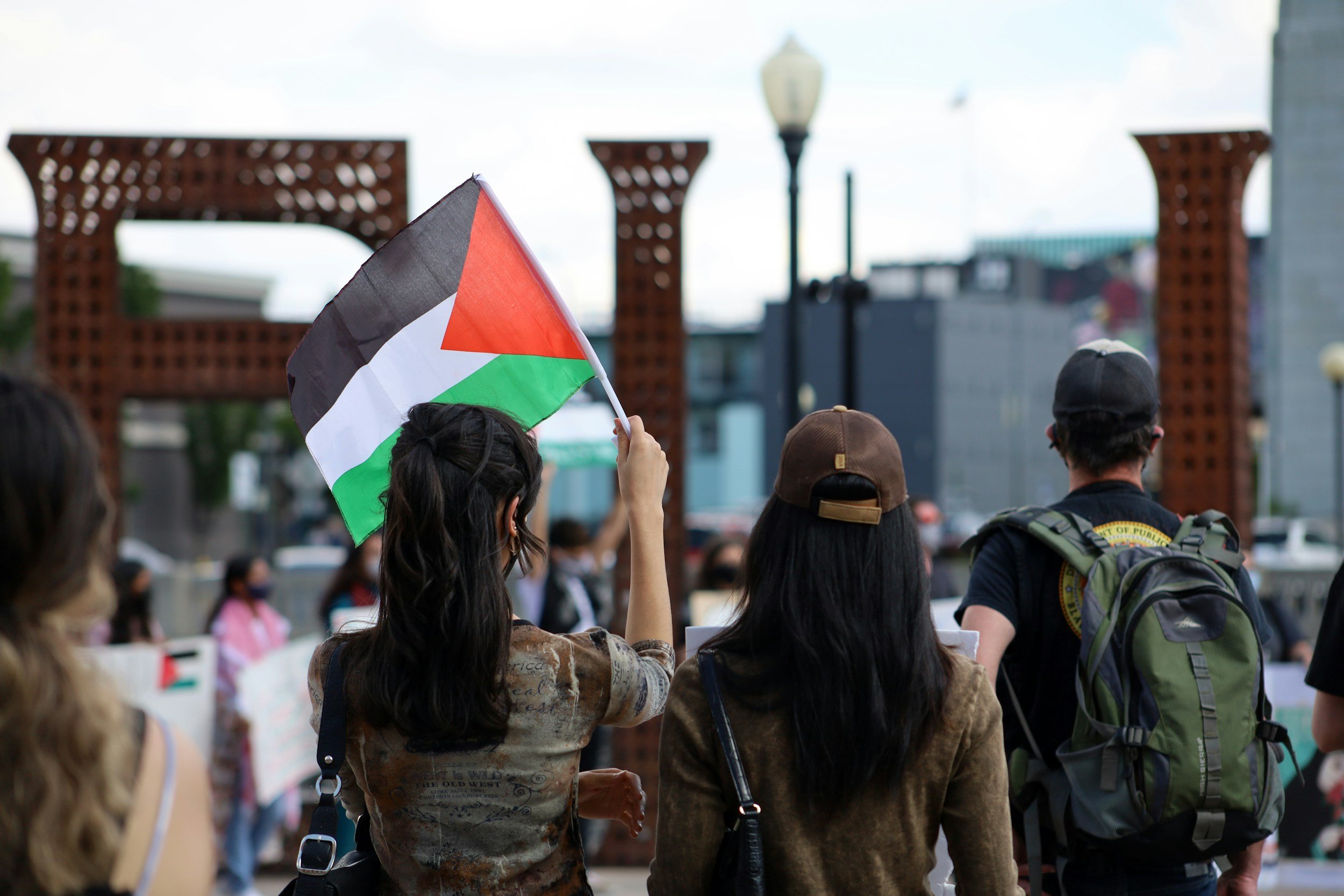
A Way Forward Out of the Mess We’re In
The headlines emanating from Palestine-Israel, though ominous, should have been expected. The problem, of course, is that the Israeli government appears intent on making a desperately bad situation worse, and the administration of US President Joe Biden is acting as if doing what it’s been doing for the past three-and-a-half years is something other than pouring petrol on a raging fire.
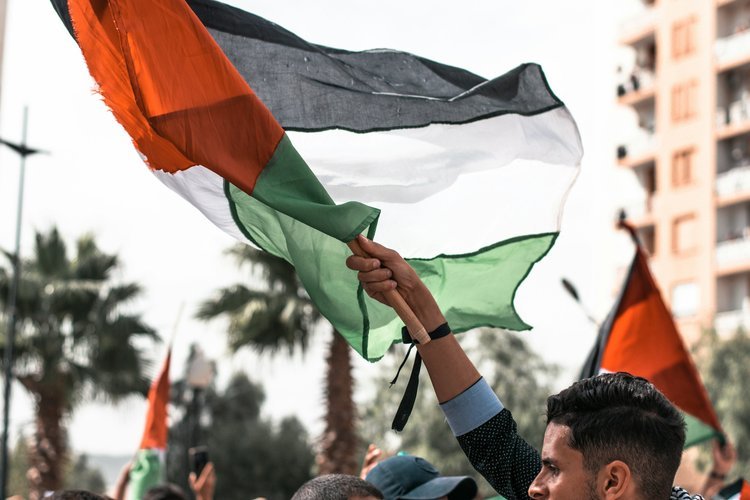
Palestine Won at the Democratic Convention
The 2024 Democratic National Convention was an exhausting roller coaster ride for Arab Americans and supporters of Palestinian rights. It was a messy affair, with highs and lows, some small victories and some setbacks. But on balance, the naysayers are wrong, because Palestine and supporters of Palestinian rights were big winners during the four days in Chicago.

Because Democrats Won’t Discuss Palestinian Rights in Chicago, We Will.
Democrats are approaching their 2024 convention aware of the many critical issues at stake in this election. There is deep concern with what a second Trump administration would mean for women’s rights, civil rights, environmental protections, immigration policy, civil discourse, and the very foundation of our democratic order. All of these issues and more are discussed at length in the 2024 Democratic Party Platform and will be addressed by an assortment of speakers at the convention.
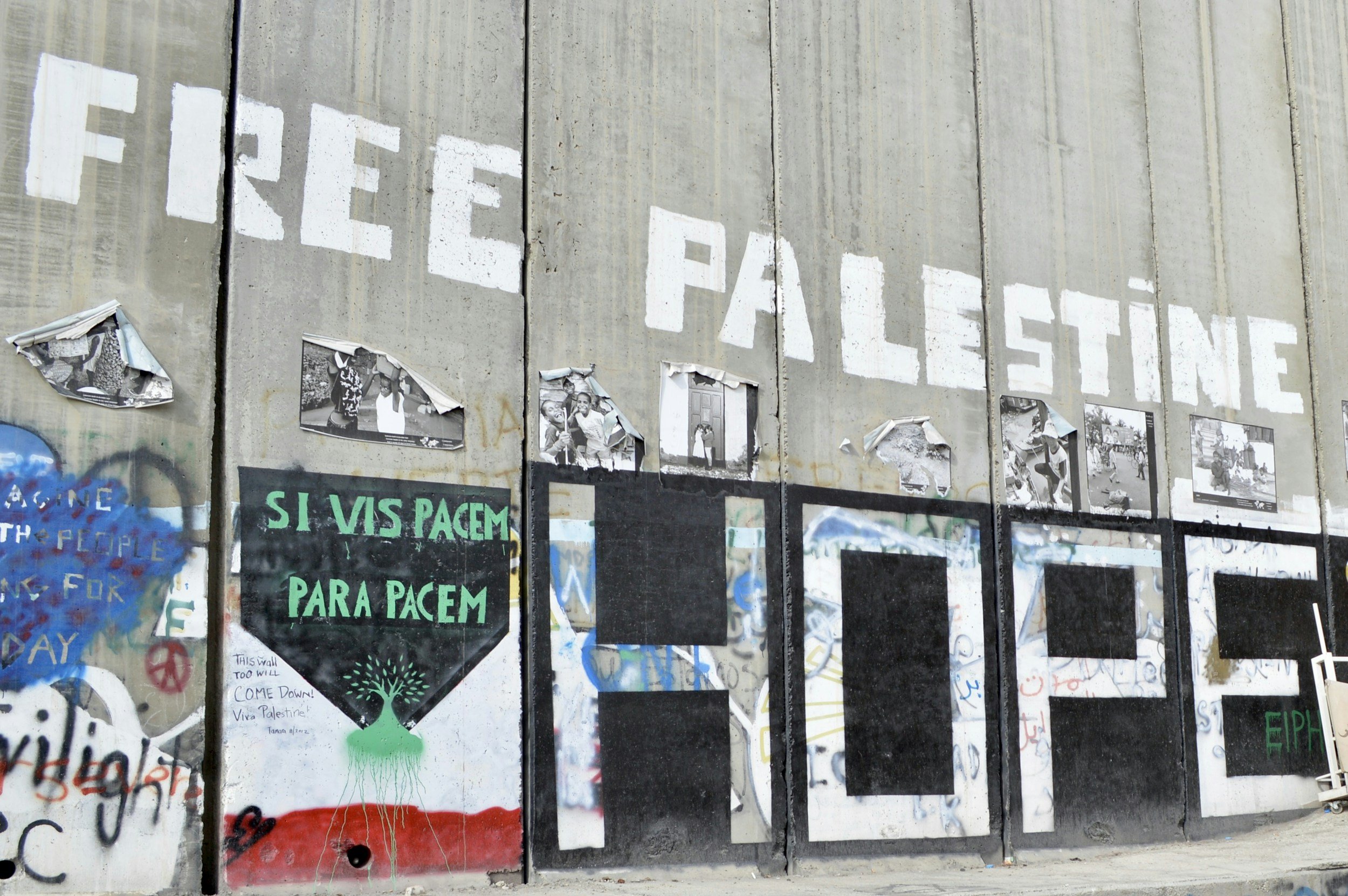
Questions That Must Be Asked
Why—in the midst of critical negotiations to implement President Biden’s plan to bring about a ceasefire in Gaza, release Israelis held captive by Hamas and a significant number of Palestinians held by Israel, and move toward a negotiated permanent end to the conflict—would Israeli leader Benjamin Netanyahu decide to assassinate the chief Hamas negotiator while he was visiting Iran? And why—while the US says it was working to deescalate tensions with Lebanon’s Hezbollah—would Israel choose to up the ante by assassinating Hezbollah’s number two?

The Peace Plan: Confusion or Deception?
After eight months of the Biden administration’s frustrating moves toward Israel’s war on Gaza, in recent weeks they unveiled the most confounding move of all.
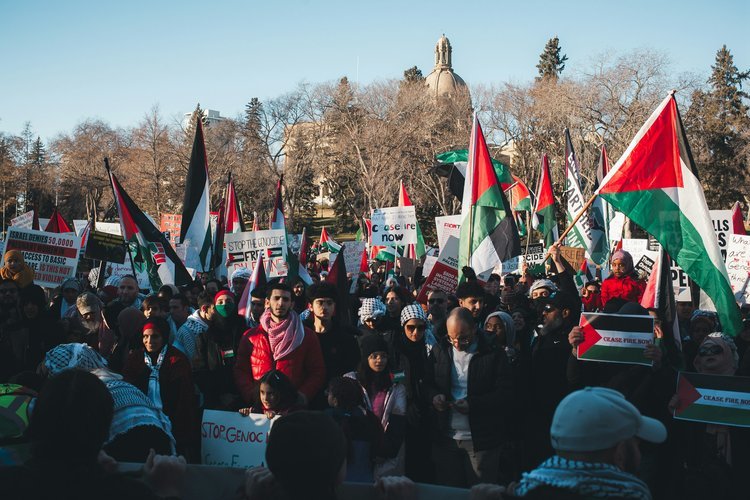
When Displays of Strength Mask Weakness
The brilliant Palestinian Fayez Sayegh once wrote that when pro-Israel groups appeared to be at their strongest, they were only masking the fact that they were at their weakest. This is clear in the contrast of Israel’s sharp decline in standing among many demographic groups of American voters and the actions and statements by Congress and pro-Israel groups, particularly in evidence during the past week.
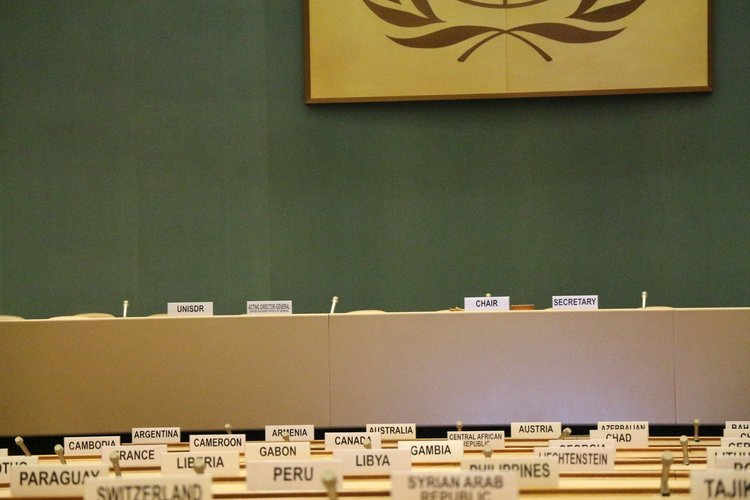
A Framework for Middle East Peace and Stability
The US reaction to Iran’s retaliatory drone and missile launches against Israel was both predictable and unhelpful. More sanctions against Iran and more weapons to Israel, while at the same time calling for de-escalation, was at best contradictory. At worst, it could have the effect of exacerbating existing tensions.